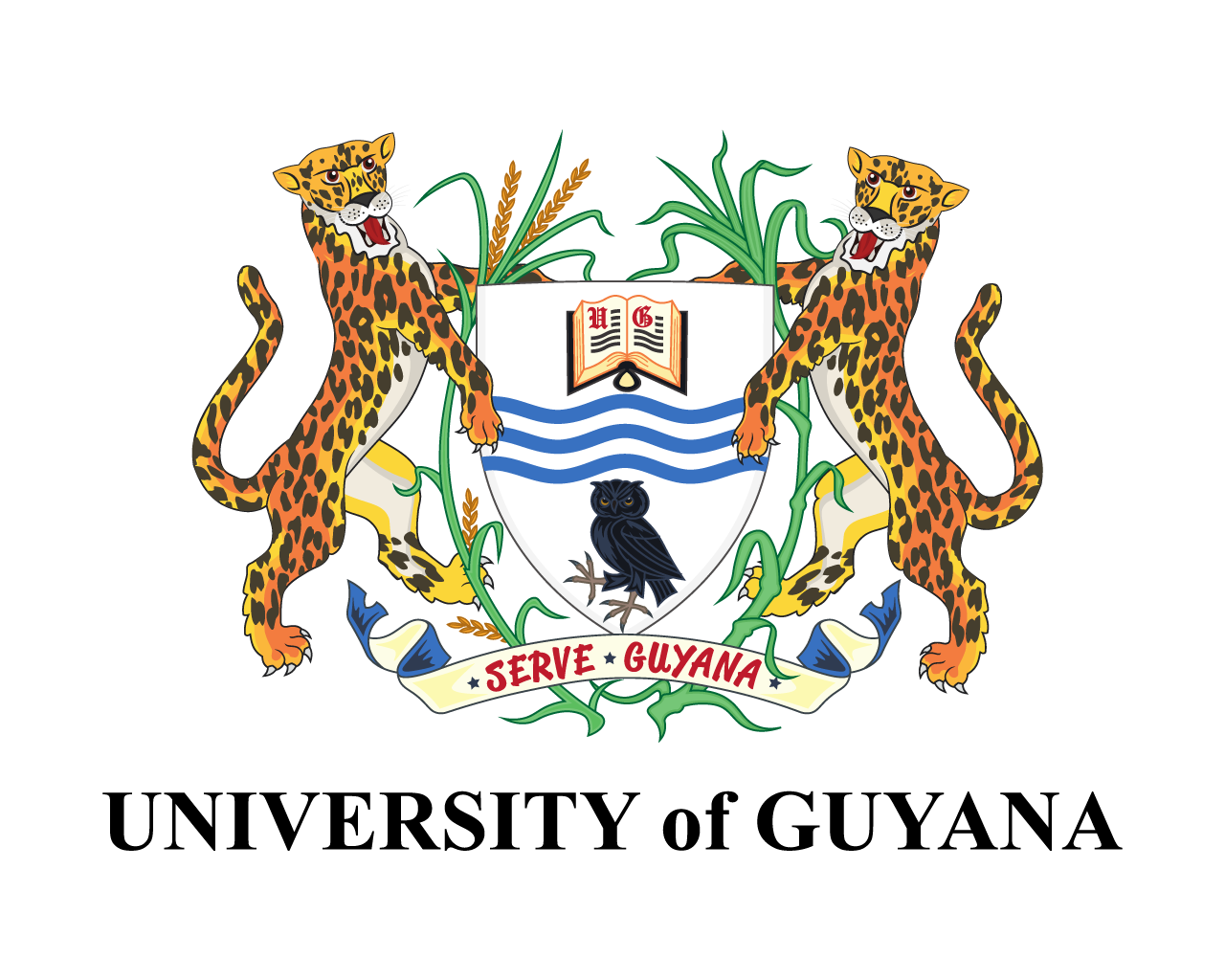
UG must guard against overproducing graduates - Vice-Chancellor
Tuesday, September 19, 2017 - 11:16THE University of Guyana (UG) has been warned to be very careful with the amount of degree programmes it offers to complement Guyana’s emerging oil- and-gas industry. This is according to Vice-Chancellor, Dr. Ivelaw Griffith, who said taking the professional recommendation into consideration, the university will be offering less degree programmes and more “short courses” in the field. In fact, he said what is actually needed at this time is more technical skills, which are being taught at the technical institutes.
Speaking with the Guyana Chronicle, Professor Griffith said what is needed for the energy sector is definitely not what has been initially touted. “It is technical skills; it is persons coming out of the technical institutes. So we have to strike a balance between investing methodically enough so that we do not overproduce,” he said. There have been much talks about Guyana’s level of preparedness as it moves to embrace the new sector, which will undoubtedly transform the country’s economy. The concerns were particularly over what role the premier tertiary institution could play in paving the way for the country in managing the oil-and-gas sector.
UG Chancellor Dr. Nigel Harris had previously sounded a warning that the university had better be prepared for the sector with new and innovative programmes. But new information reaching the institution suggests that there is much more than programmes that needs to be pursued. The advice has come from several quarters, particularly from universities in oil- producing countries. Those institutions have been doubling up on their programmes over time. Griffith said an adviser from the University of the West Indies (UWI), St Augustine Campus said that institution made the very mistake with the energy degree programmes it offered, only to later find out that the absorptive market was not there.
THIN LINE
“We have got to walk a thin line between starting programmes, getting a good idea of what is needed here and elsewhere and in partnership with other universities, do things that are better suited,” Griffith said. In that regard, he said UG is actively pursuing partnerships with several universities, including UWI and the University of Trinidad and Tobago (UTT), which have very robust oil-and-gas programmes.
“I signed a Memorandum of Understanding with the University of the West Indies in July. We will use that MoU as a part of ramping up the partnership with the UWI campus,” he said. He said he will soon be leading a mission to the UTT and the UWI to find out how they can partner to address Guyana’s peculiar situation.
The VC said it is quite clear that most of what the country needs for the oil-and- gas sector, cannot be answered by the university at this time. He said UG is however beginning conversations with its local partners, including the Ministry of Natural Resources. It has also taken a strategy for the short courses to the School of Entrepreneurship and Engineering.
DEVELOPING PARTNERSHIPS
“We recognise that some of what they need, we don’t have and we can’t pretend to have them overnight, so we are developing partnerships”, he told the Guyana Chronicle. The vice chancellor said as Guyana braces itself for the oil and gas sector, several questions must be answered, including what skills would the sector need, whether the university has the teaching resources to deliver the skills needed and the economic question — given what the needs are, whether the university would be better off doing some things in partnership with other institutions. “There is no sense pretending. We don’t have what will be needed in the next year or two, so we have to find partnerships, so yes, we have begun those conversations,” Griffith said.
Chancellor Nigel Harris had last year said that U.S. oil and gas company Exxon Mobil had approached the university, and was enquiring about its current arrangement for an industry that is likely to place the country’s economy on another level. He had promised to arrange for assistance from the University of the West Indies (UWI). According to Harris, UWI has been training petroleum engineers and other persons in the industry for the past four decades. “It may be that the UG may not be able to provide all the staff they need. So, we are planning to link the University of Guyana with other international institutions. I will be pushing for links with UWI…. It does not make sense that we have the next-door neighbours and not take advantage of the programmes,” Professor Harris had promised.
Article adapted from: http://guyanachronicle.com/2017/09/18/ug-must-guard-overproducing-graduates-vice-chancellor
